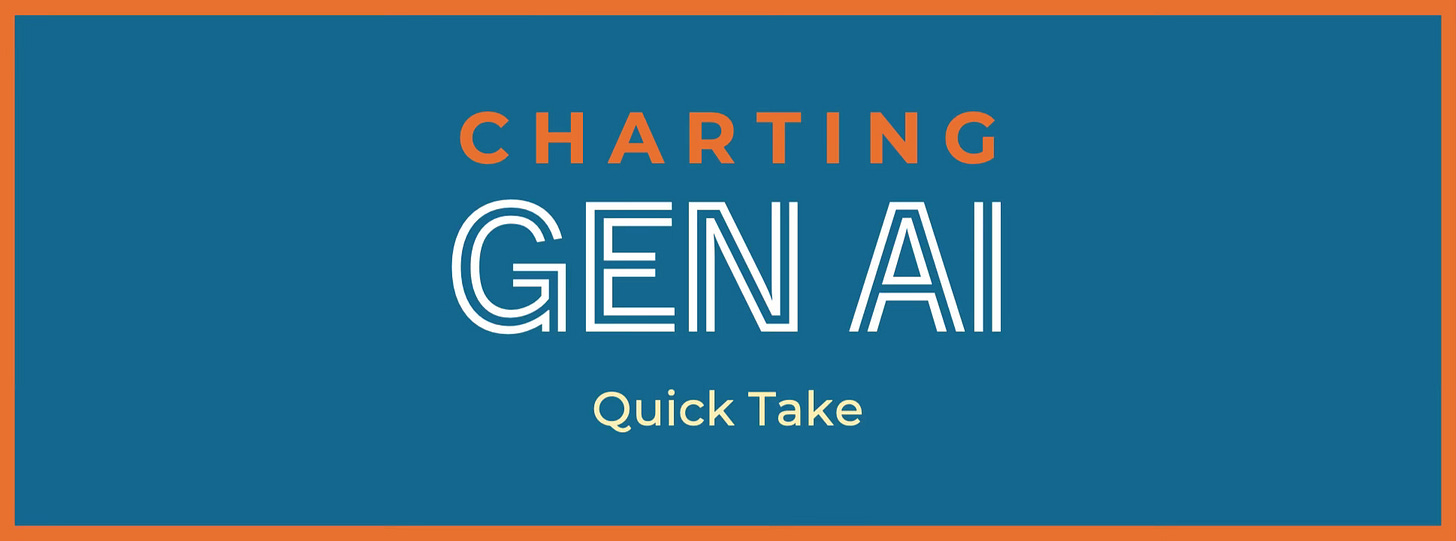US judge is set to issue a landmark ruling on fair use in the dispute over AI model training
His summary judgment could decide the future of copyright in era of generative AI
Keep reading with a 7-day free trial
Subscribe to Charting Gen AI to keep reading this post and get 7 days of free access to the full post archives.



